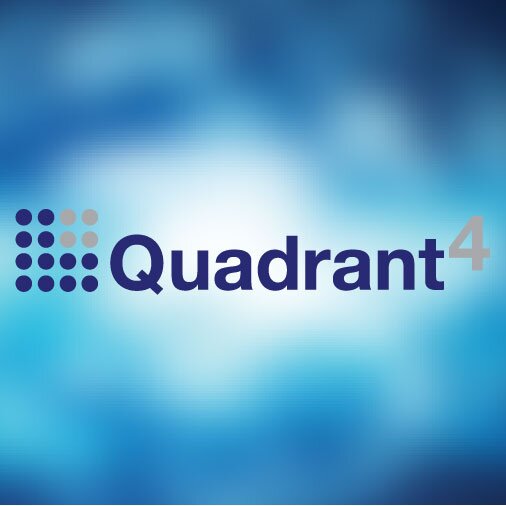Federal Grand Jury in Chicago Indicts Two Former Tech Executives For Allegedly Conspiring to Obstruct SEC Probe into Sale of Company
CHICAGO — A federal grand jury in Chicago has indicted two former executives of a Florida technology company for allegedly conspiring to obstruct an investigation by the U.S. Securities and Exchange Commission.
CHRISTOPHER YOUNG, the former President of Tampa-based M2 Interactive Group Inc., and JOSHUA CARLUCCI, M2 Interactive’s former Chief Executive Officer, are charged with conspiracy to obstruct, influence, and impede an official proceeding. The pair allegedly conspired with executives from Schaumburg-based Quadrant 4 System Corp. to obstruct an SEC investigation into Quadrant 4’s 2013 purchase of M2 Interactive.
The indictment was returned Thursday in federal court in Chicago. In addition to the conspiracy count, Young, 35, of Norwich, N.Y., and Carlucci, 39, of Tampa, Fla., are also charged with attempting to obstruct, influence, and impede an official proceeding. Carlucci also faces a charge of making false statements to the Federal Bureau of Investigation. The Court will schedule arraignments for Young and Carlucci at a later date.
New and expanded criminal charges were also filed Thursday against the two Quadrant 4 executives, NANDU THONDAVADI and DHRU DESAI. A criminal information filed in federal court in Chicago charged them with wire fraud. Arraignments for Thondavadi, 63, of North Barrington, and Desai, 55, of Barrington, have been scheduled for July 6, 2017, at 10:00 a.m., before U.S. District Judge Charles Norgle.
The charges were announced by Joel R. Levin, Acting United States Attorney for the Northern District of Illinois; and Michael J. Anderson, Special Agent in Charge of the Chicago office of the FBI. The Chicago office of the SEC provided valuable assistance.
M2 Interactive was a technology company that developed applications for mobile devices and conducted business under the name Momentum Mobile. Quadrant 4 provides software products, platforms and consulting services to customers in the healthcare and education sectors. As a public company, Quadrant 4 is required to provide to the SEC a detailed report of its financial condition.
In 2015 the SEC launched an investigation of Quadrant 4 based on indications that the firm may have violated federal securities laws. The FBI initiated an investigation of Quadrant 4 in 2016. As set forth in the information against Thondavadi and Desai, the investigation revealed that Thondavadi and Desai engaged in a wide-ranging scheme to defraud Quadrant 4’s shareholders by misappropriating more than $3 million from the company, fraudulently inflating Quadrant 4’s revenue, and regularly concealing Quadrant 4’s liabilities. The information charges that Thondavadi and Desai certified false SEC reports, including Quadrant 4’s 2014 Form 10-K, in which the defendants fraudulently inflated Quadrant 4’s revenue by more than $4.2 million – nearly 10% of Quadrant 4’s reported income that year.
As set forth in the charges, the investigation further revealed that Thondavadi and Desai attempted to obstruct the SEC’s investigation of Quadrant 4 as it related to the Momentum Mobile acquisition. In July 2016 SEC attorneys sought to question Young and Carlucci, who were unaware of the fictitious acquisition agreement that Thondavadi created. Carlucci notified Thondavadi and Desai of the SEC’s inquiry, and the Quadrant 4 executives responded by striking a deal with Young and Carlucci to pay them cash in exchange for their agreement to send Thondavadi an e-mail falsely stating that Momentum Mobile had previously authorized the terms of the fictitious agreement, according to the charges. The defendants attempted to disguise the payments – $102,900 to Young and $60,000 to Carlucci – as “consulting” fees, the charges state.
The public is reminded that charges are not evidence of guilt. The defendants are presumed innocent and entitled to a fair trial at which the government has the burden of proving guilt beyond a reasonable doubt.
The conspiracy, obstruction and wire fraud charges are each punishable by up to 20 years in prison, while making false statements to the FBI is punishable by up to five years. If convicted, the Court must impose a reasonable sentence under federal statutes and the advisory U.S. Sentencing Guidelines.
The government is represented by Assistant U.S. Attorney Matthew Madden.

